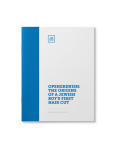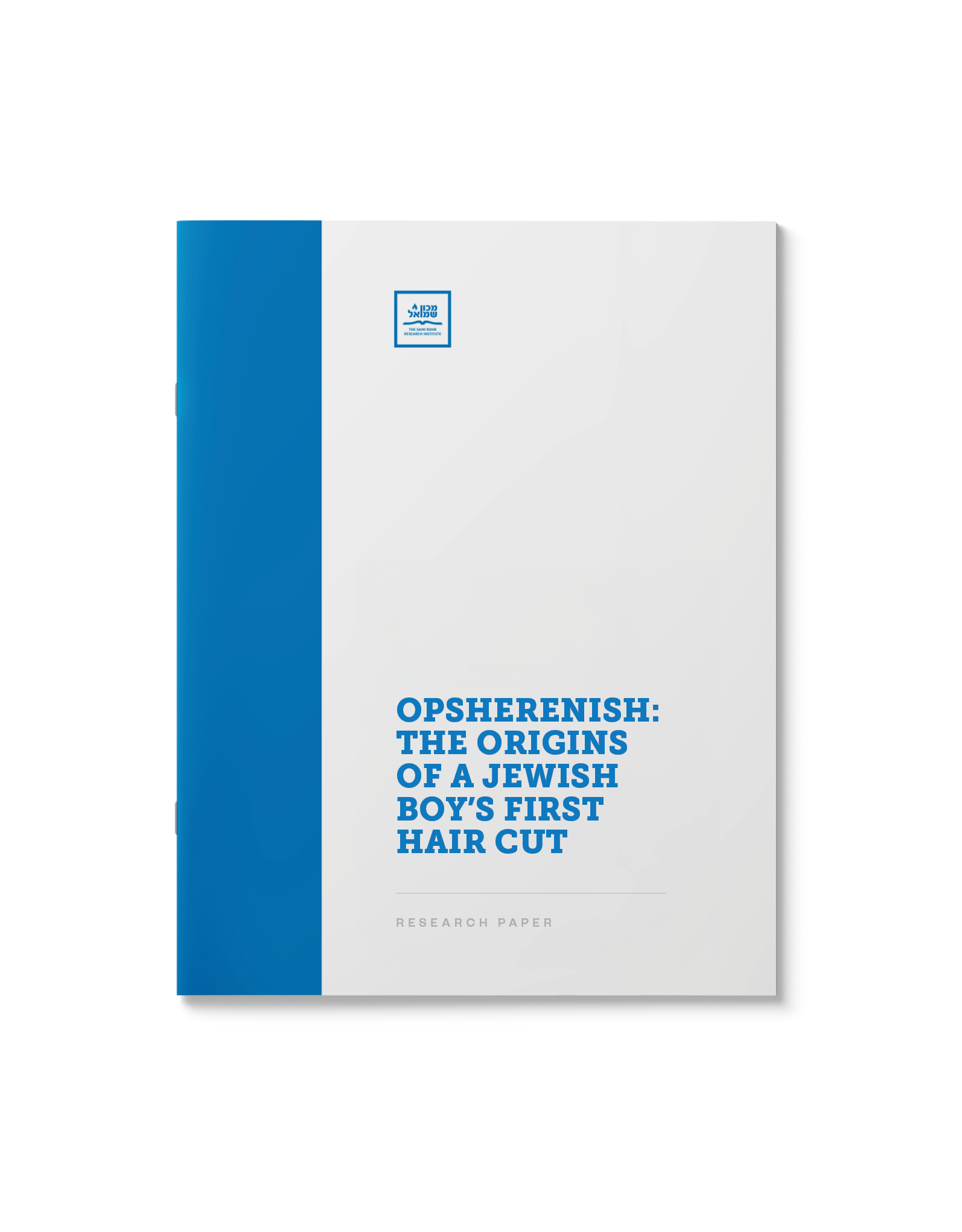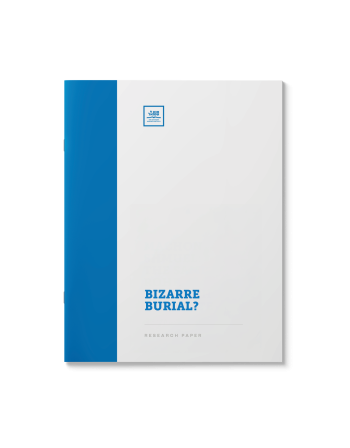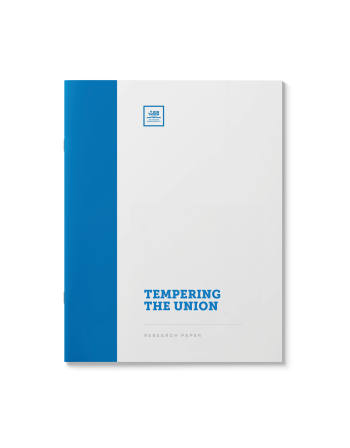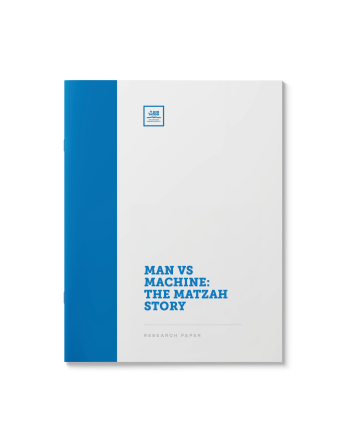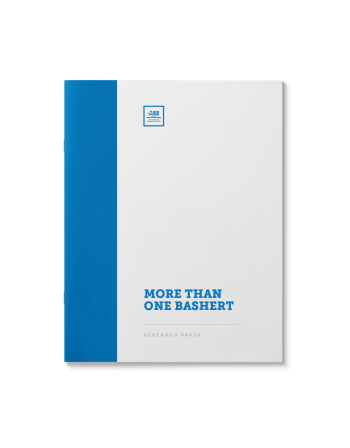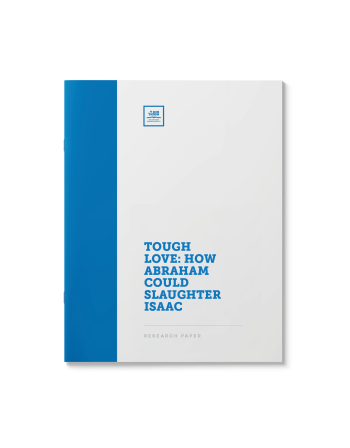Opsherenish: The Origins of a Jewish Boy’s First Hair Cut
$39.00
Many Jews won’t cut a boy’s hair until he is three years old. What is the history of this custom? What lessons does it hold for us? And does everyone have to keep to it?
| Language | English |
|---|---|
| Paper Type | Research Paper |
| Pages | 9 |
Related Products
Emulating G-d’s example, we are encouraged to visit and tend to the sick. Our presence is assured by the Talmud as having the power to heal a portion of the patient’s suffering. Does Halacha provide guidelines for the visitor in the performance of this mitzva?
Prayer, too, is an integral part of this mitzvah. What particular prayers should be said for their recovery? What about assisting the individual in the recitation of prayers during their final moments?
Were Jews historically buried in their own cemeteries? Why may
gentiles not be buried in a Jewish cemetery? This paper includes a review of a
number of ancient Jewish cemeteries around the world.
Ancient Jewish sources indicate that Jews would bury their dead twice. What was the reason for this?
“Either way, they are My children” [Talmud].
Blood is thicker than water, they say. The bonds of family are the anchor of an emotionally and spiritually healthy life. But what happens to these relationships after one passes on? Do we “meet again on the other side”? Do families stick together in the hereafter? What about teachers and their pupils? Is this contingent on whether the two are buried in close proximity?
Do the souls of the departed maintain a relationship with those left behind? Do they relate to and empathize with the trivialities of our corporeal existence? Does prayer at their grave-site invoke merit on their behalf?
מנהג העולם לברך את החתן והכלה בברכת ׳מזל טוב׳ תיכף אחר שבירת הכוס תחת החופה. אלא שיש וקראו תגר על מנהג זה מחד, ויש שיישבו את המנהג מאידך. מזל טוב?
What are the earliest sources in the Torah for the commandment, purpose and benefit of Taharas Hamishpacha and Mikvah?
From the moment Avrohom circumcised himself at 99, the Jewish Bris has been the pivotal act of Jewish identity throughout history. It is at this moment that a Jewish boy is given his name. Yet when a bris must be delayed for medical reasons, can the parents give him his name anyhow, or must the boy remain nameless until the Bris takes place?
לא טוב היות האדם לבדו. סקירה על דבר משמעות טובת האדם והתועלת שנוצרה על ידי בריאת האשה, על דרך הפשטני והמדרשי. עזר כנגדו.
A cornerstone of our belief is that a life of good deeds is rewarded with “a world that is truly good” in the Hereafter.
Is there another way? Can one “purchase” eternal reward on the open market? Can you get the “deal of a lifetime” (or the afterlife!) on ebay?
What are the Halachic principles of such a transaction? Can one buy or sell such ‘intangibles’? Would the transaction by valid, legal tender? Do “free market principles” and “art of the deal” apply? How does this compare to the historic partnership of Yissachar-Zevulun?
Includes a collection of stories about tzadikim who engaged in such “commerce” throughout the ages for the benefit of klal Yisroel.
A comprehensive examination of the ancient promise that those who attend a bris are forgiven of all their sins. Where did the legend start? To whom does it apply? And how seriously do we take it today?
׳שפטרני מעונש הלזה׳ – ביטוי נדיר ותמוה. לפנינו סקירה כוללת על מקור מנהג אמירת הברכה בעת עלית הבר מצוה, טעמו וביאורו.


